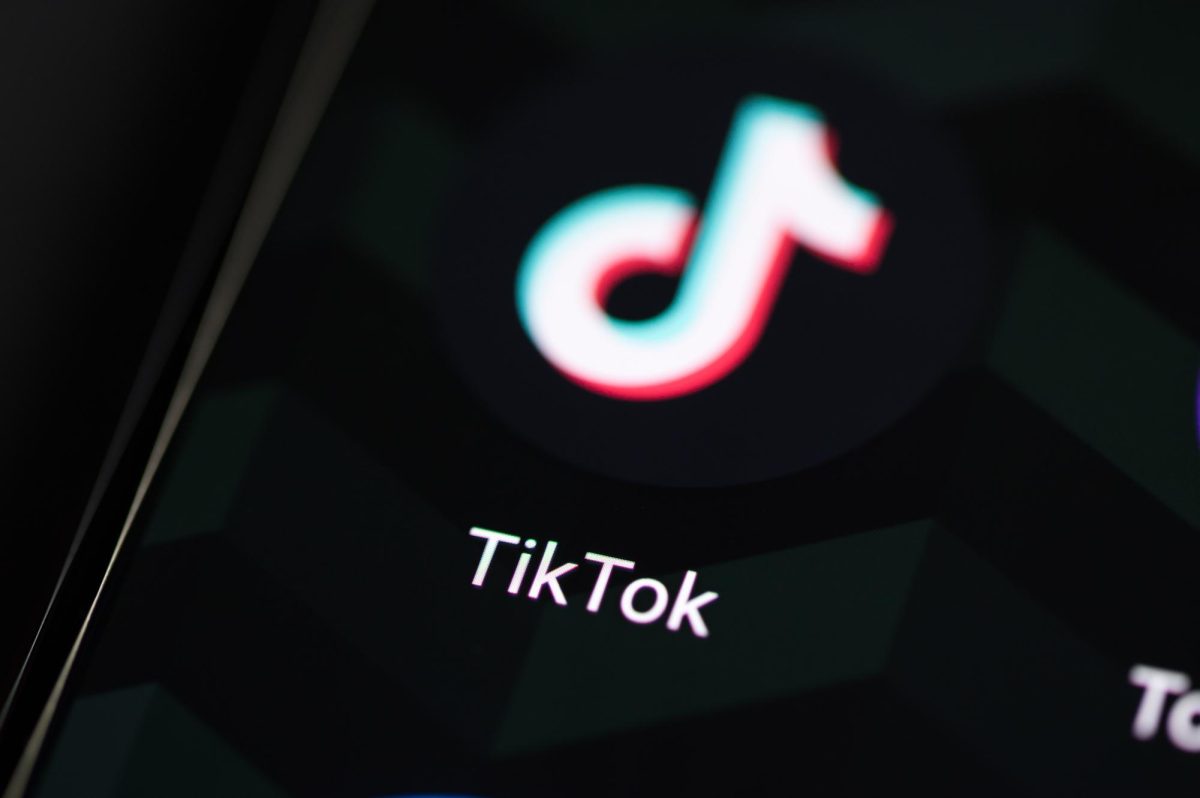A federal appeals court upheld the U.S. government’s ban on TikTok, rejecting the company’s legal challenges and setting the stage for the law’s January 2025 implementation. The decision escalates a years-long debate over national security risks tied to TikTok’s ownership by the Chinese company ByteDance Ltd.
The court sided with the U.S. government’s argument that TikTok poses a national security threat, referencing concerns about its potential to share data with the Chinese government or manipulate content at the country’s direction. While specific intelligence that justifies these claims remains sealed, the court noted that public reporting, including investigations by Forbes, provided evidence to support the government’s risk assessment.
The ruling stated that the ban targets “foreign adversary control” rather than specific content or speech, addressing TikTok’s claims of First Amendment violations.
TikTok argued that requiring it to divest from ByteDance was neither technologically nor legally feasible and claimed the ban would harm the platform’s millions of users in the U.S. However, the court concluded that divestment was the least restrictive way to address the security concerns, ruling that new ownership could maintain the app’s current functionality without ByteDance’s influence.
The law will prevent TikTok from being downloaded from U.S. app stores and bar updates or technical support, gradually rendering the app unusable. Internet service providers and companies managing TikTok’s U.S. infrastructure, such as Oracle, would also be required to block access or face legal consequences. Businesses and creators reliant on TikTok could face significant disruption and ByteDance may suffer considerable revenue losses.
TikTok boasts over 170 million U.S. users and has warned of the economic and creative toll the ban will impose. The platform has become a hub for small businesses, marketing campaigns and digital content creation.
TikTok spokesperson Michael Hughes criticized the court’s decision as “based upon inaccurate, flawed, and hypothetical information,” arguing that it amounts to the censorship of American users.
The company plans to appeal the ruling to the Supreme Court and may seek a delay of the law’s enforcement during litigation. The ban, signed into law by President Joe Biden in April, reflects bipartisan concerns over TikTok’s ties to China.
Lawmakers have increasingly scrutinized the app’s data practices, imposing restrictions such as banning it from government devices before escalating to a nationwide prohibition. However, public support for the ban has waned.
Pew Research Center polling shows that approval for banning TikTok fell from 50% in March 2023 to just 32% by mid-2024. President-elect Donald Trump has expressed opposition to the ban despite previously advocating similar measures during his first term.
Analysts suggest Trump could influence the law’s enforcement by lobbying Congress for repeal. This could involve directing his Justice Department not to pursue cases or declaring TikTok compliant with the law—a move likely to face legal challenges.
Globally, TikTok faces various regulatory responses. While Canada recently shut down its TikTok office, it has not banned the app. European countries, Australia and New Zealand have restricted TikTok on government devices but have stopped short of broader prohibitions. By contrast, the U.S. joins nations like India, Afghanistan and Taiwan in targeting TikTok with sweeping bans.
TikTok’s legal team said it plans to appeal the decision to the Supreme Court, seeking to delay enforcement during the review. The appeals court acknowledged the law’s significant implications for TikTok and its users but concluded that responsibility for the app’s unavailability ultimately lies with the Chinese government’s practices, not the U.S. government’s actions.
If the Supreme Court declines to intervene before Jan. 19, 2025, TikTok’s U.S. operations could be shut down. Meanwhile, Congress and the incoming Trump administration will likely face pressure from businesses, creators and users to address the ban’s consequences.
For now, the ruling underscores the U.S. government’s growing willingness to impose strict measures on foreign-owned technologies viewed as security threats. TikTok’s fate remains uncertain as courts, lawmakers and public opinion continue to shape the debate.









